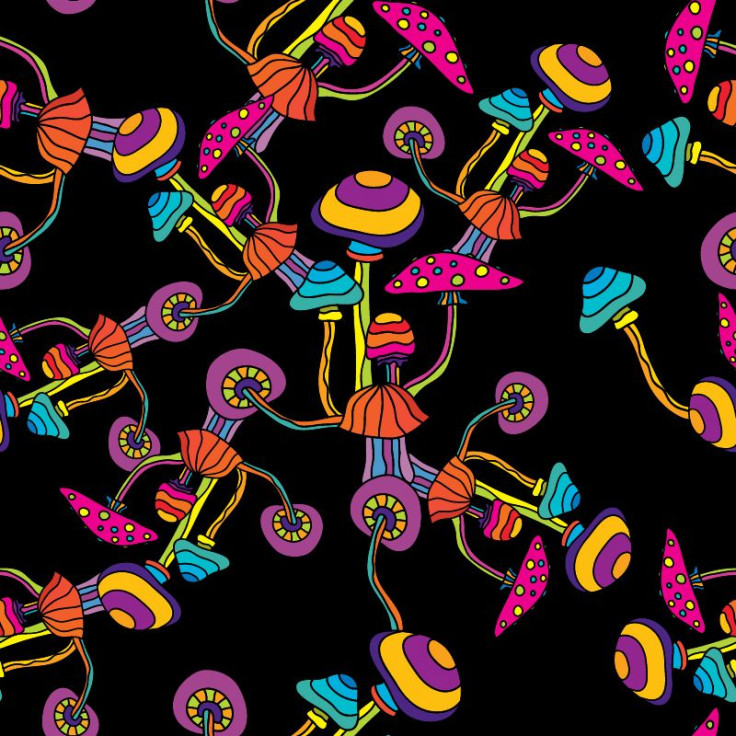James Rucker, Psychiatrist, Thinks Psychedelic Drugs Should Be Legally Reclassified, As They May Have Medical Benefits

When you think of psychedelic drugs, you might imagine a colorful 1960s scene, when LSD and mushrooms were wildly popular among musicians and artists. But scientists have found ways to extract certain compounds from shrooms, acid, and other psychedelics to the benefit of people suffering from depression, anxiety, and even PTSD.
A stigma around psychedelic drugs exists, yet research hints at their potential medicinal benefits. The Controlled Substances Act of 1970 defines them as a Schedule 1 substance — which means they are considered dangerous and have “no currently accepted medical use and a high potential for abuse.”
This is why psychiatrist James Rucker, who’s an honorary lecturer at the Institute of Psychiatry, Psychology and Neuroscience at King’s College London, is arguing for psychedelics to be reconsidered legally. In an editorial report published in BMJ, Rucker explains that psychedelics were “extensively used and researched in clinical psychiatry” before 1967, when they were prohibited.
Many of these drugs actually proved to make a “beneficial change in many psychiatric disorders” during the 1950s and 60s, he writes, and since then the limited research on them has only reinforced that. For example, a study from 2011 found that a small dose of psilocybin, the psychoactive chemical in shrooms, helped mediate anxiety in patients. Research has also delved into the effects of psychedelics on PTSD and depression, and found that it could potentially become an alternative form of treatment for mental illnesses.
Another recent study found that psychedelics aren’t harmful when it comes to mental health, despite popular belief. Instead, researchers found that LSD and psilocybin mushrooms are way safer than alcohol and other controlled substances, such as tobacco. “Many people report deeply meaningful experiences and lasting beneficial effects from using psychedelics,” said Teri Krebs, a neuroscientist at the Norwegian University of Science and Technology and an author of the study.
But the thing is we need a lot more research to find out for sure. And in order to do that, Rucker argues, we must legally reclassify these drugs. Current large-scale clinical studies are “made almost impossible by the practical, financial, and bureaucratic obstacles,” he writes, noting that most grant funders avoid giving money to psychedelic researchers due to the stigma, and obtaining a schedule 1 drug for research requires a costly license.
Psychedelics are more legally restricted than heroin or cocaine, “but no evidence indicates that psychedelic drugs are habit forming,” Rucker writes, “little evidence indicates that they are harmful in controlled settings; and much historical evidence shows that they could have use in common psychiatric disorders.” Instead, evidence exists that proves they have “clinical efficacy in anxiety associated with advanced cancer, obsessive compulsive disorder, tobacco and alcohol addiction, and cluster headaches.”
Until we remove the stigma surrounding these drugs, we may be missing out on important information regarding the benefits of psychedelics. In his concluding statements, Rucker adds that he will "call on the UK Advisory Council on the Misuse of Drugs and the 2016 UN General Assembly Special Session on Drugs to recommend that psychedelics be reclassified as schedule 2 compounds to enable a comprehensive, evidence-based assessment of their therapeutic potential."
Source: Rucker J. Psychedelic drugs should be legally reclassified so that researchers can investigate their therapeutic potential. BMJ. 2015.



























